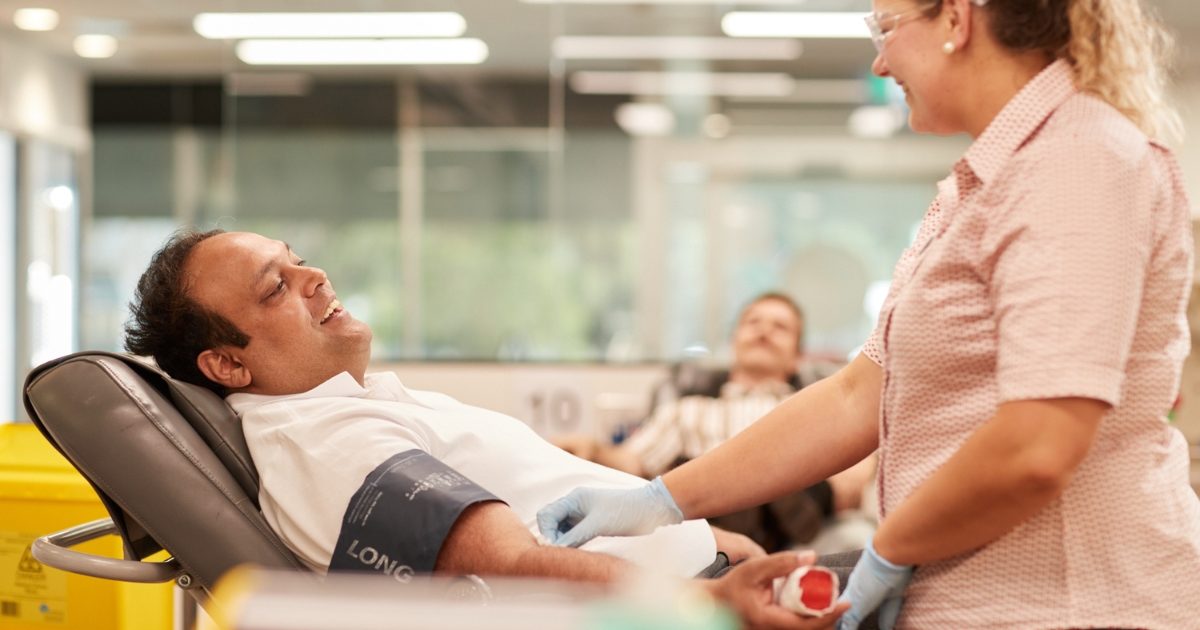Eligibility change allows more blood donations
AUSTRALIAN Red Cross Lifeblood has confirmed changes to eligibility rules for blood and plasma donation which will allow more Australians to donate.
Previous rules prevented many gay and bisexual men, and transgender women who have sex with men, from donating if they had sex in the previous three months.
From Monday 14 July, sexual activity wait times were removed for plasma donations.
Most people, including gay and bisexual men or anyone taking PeEP, can donate plasma without a waiting period as long as they meet other eligibility criteria.
There will be no impact to the safety of plasma supply. “With more than 600,0000 people estimated to be covered by the previous wait times, we now anticipate an extra 24,000 donors and 95,000 extra donations of plasma to be made each year,” Lifeblood’s chief medical officer Dr Jo Pink said.
Changes to blood and platelet donation eligibility is also progressing with the Therapeutic Goods Administration approving a submission to remove gender-based sexual activity rules.
Once implemented, all donors will be asked the same questions about their sexual activity regardless of their sexuality.
Most people in a relationship with a single partner for six months or more will be eligible to donate blood.
Most people with multiple or new partners will be able to donate blood if they haven’t had anal sex in six months.
“Our submission to change rules for blood donation included data that shows, for now, a six-month wait is the safest option for Australian patients, but we are committed to reviewing this as more evidence becomes available,” Dr Pink said.
“There are many steps that Lifeblood needs to take before we can implement the new gender-neutral assessments, including working with state and territory governments to change the donor questionnaire.
“We hope to be able to implement this part of the changes next year.”
Dr Pink said the changes are the result of extensive research and the contributions of LGBTQIA+ organisations and advocates.
“This is a significant milestone in being able to safely reduce wait times and make it easier for more people in the LGBTQIA+ community to donate,” she said.
“Blood safety is and always will be our top priority, but we know the current donation rules have been very difficult for many people in the LGBTQIA+ community.
“While they were put in place to ensure a safe blood supply in the past, we know that they’ve contributed to the stigma faced by the community.”
To donate blood, visit the Red Cross Lifeblood website.



















